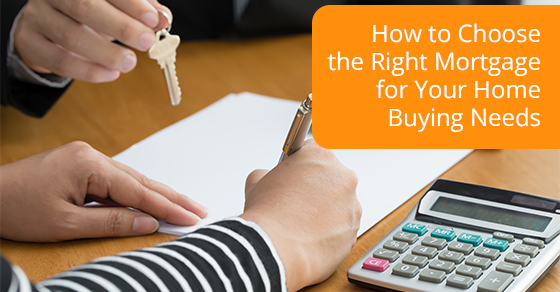
Fixed vs. Adjustable-Rate Mortgages: Which is Better?
- 0
When it comes to purchasing a home, one of the most important decisions you’ll need to make is choosing between a fixed-rate mortgage and an adjustable-rate mortgage (ARM). Both options have their own set of advantages and disadvantages, so it’s important to weigh the pros and cons of each before making a decision.
Understanding Fixed-Rate Mortgages
A fixed-rate mortgage is a loan in which the interest rate remains the same throughout the entire term of the loan. This means that your monthly payments will also remain constant, providing you with stability and predictability. Fixed-rate mortgages are popular among homebuyers who prefer to have a consistent monthly payment that won’t change over time.
Benefits of a Fixed-Rate Mortgage
– Predictable monthly payments
– Protection against rising interest rates
– Easier budgeting and financial planning
Drawbacks of a Fixed-Rate Mortgage
– Higher initial interest rates compared to ARMs
– Less flexibility in terms of payment options
– Potential for missing out on lower interest rates in the future
Understanding Adjustable-Rate Mortgages
An adjustable-rate mortgage, on the other hand, is a loan in which the interest rate can change periodically based on market conditions. ARMs typically have an initial fixed-rate period, after which the interest rate adjusts at regular intervals. While ARMs offer lower initial interest rates compared to fixed-rate mortgages, they also come with the risk of rising interest rates in the future.
Benefits of an Adjustable-Rate Mortgage
– Lower initial interest rates
– Potential for lower monthly payments in the future
– Flexibility in terms of payment options
Drawbacks of an Adjustable-Rate Mortgage
– Uncertainty about future interest rate changes
– Potential for higher monthly payments if interest rates rise
– More difficult budgeting and financial planning due to fluctuating payments
Which is Better: Fixed or Adjustable-Rate Mortgage?
The answer to this question ultimately depends on your individual financial situation and risk tolerance. If you value stability and predictability in your monthly payments, a fixed-rate mortgage may be the better option for you. On the other hand, if you’re comfortable with the possibility of fluctuating interest rates and want to take advantage of potentially lower rates in the future, an adjustable-rate mortgage could be a suitable choice.
It’s important to carefully consider your long-term financial goals and consult with a financial advisor or mortgage specialist before making a decision. Keep in mind that both fixed and adjustable-rate mortgages have their own set of advantages and disadvantages, so it’s crucial to weigh the pros and cons of each option to determine which one aligns best with your needs and preferences.
Conclusion
In the debate between fixed-rate mortgages and adjustable-rate mortgages, there is no one-size-fits-all answer. Each type of mortgage comes with its own set of benefits and drawbacks, so it’s essential to carefully evaluate your financial situation and long-term goals before making a decision. Whether you prioritize stability and predictability or are willing to take on a bit more risk for potential savings, the key is to make an informed choice that aligns with your individual needs and preferences.

